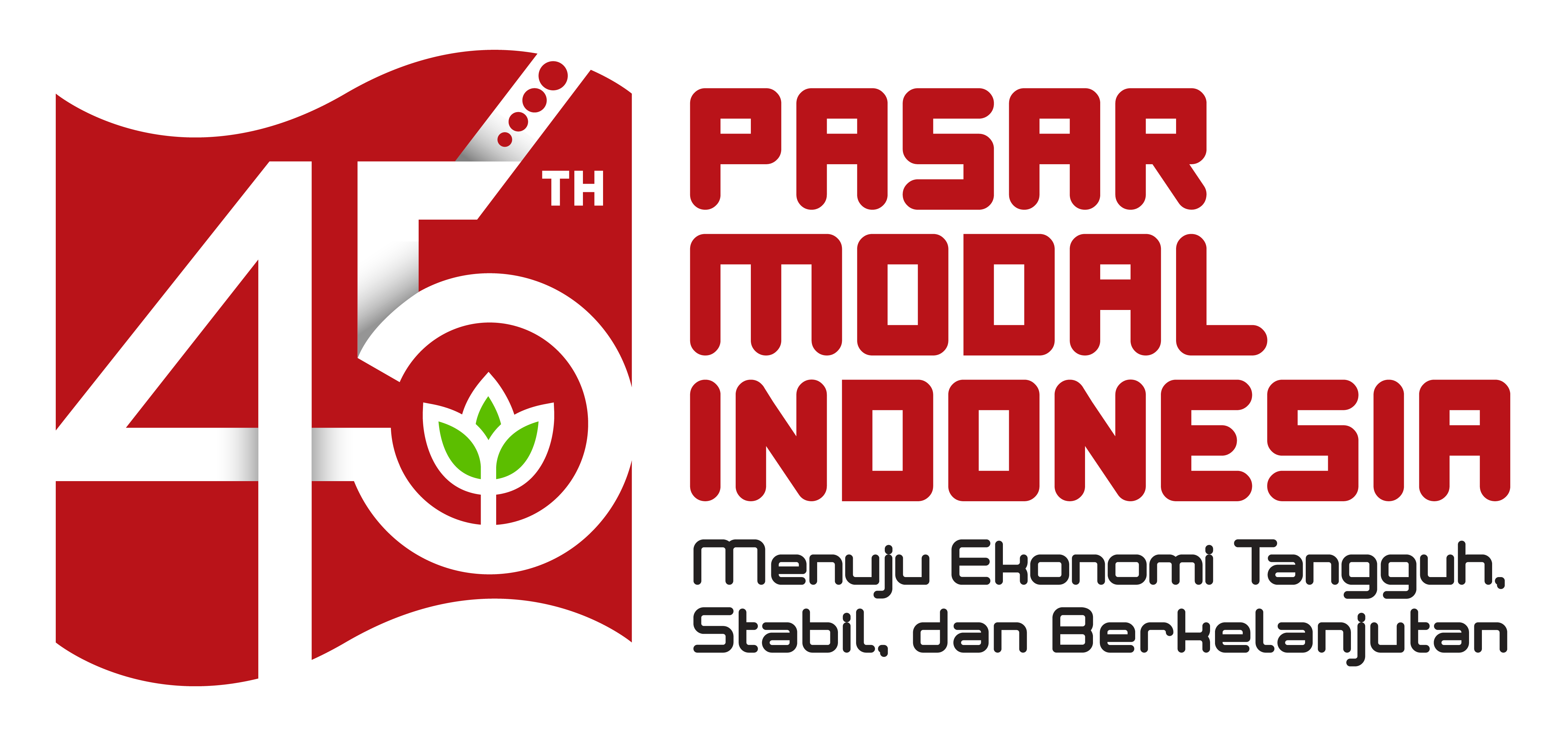PASAR MODAL INDONESIA
The WWF Indonesia Foundation is collaborating with the Indonesian Capital Market for a management program to strengthen sustainable marine tourism in Labuan Bajo. The program aims to strengthen conservation and sustainability efforts in the Labuan Bajo area, which is one of the important locations for marine and terrestrial biodiversity in Indonesia.
Some of the steps taken in this program include:
1. Strengthening Area Management
This program will focus on managing the Labuan Bajo area holistically, taking into account environmental, economic, and social interests. This will include improving tourism governance to protect natural resources and biodiversity.
2. Strengthening Community Livelihoods by Providing Assistance, including:
2.
a. Capacity building of fishermen and increasing the economic value of their catches;
b. Construction of a fishermen information center facility in Labuan Bajo;
c. Conducting assistance and training of tour guides to the surrounding community in Labuan Bajo;
d. Capacity building for organic and inorganic waste management in one of the pilot villages in Labuan Bajo;
e. Involvement of the community around Labuan Bajo in collecting data on the level of leakage of plastic waste into the sea, as well as inviting tourists to be responsible for the waste they produce.
.
3. Strengthening the role and function of mangrove ecosystems as the frontline of waves, activities include:
3.
a. mangrove planting for the sustainability and benefit of the surrounding community in labuan bajo;
b. educating and sensitizing the public on mangrove conservation.
4. Sustainable Economic Development
The Indonesian Capital Market will support efforts to develop a sustainable economy in Labuan Bajo, one of the things that will be done is education and socialization of capital market investment and sustainable financing for the community or stakeholders in Labuan Bajo.
Through this cooperation, it is hoped that this cooperation program can provide tangible benefits to the environment, society, and the economy in Labuan Bajo, and become an example of successful collaboration in efforts to preserve biodiversity and natural resources in Indonesia.

